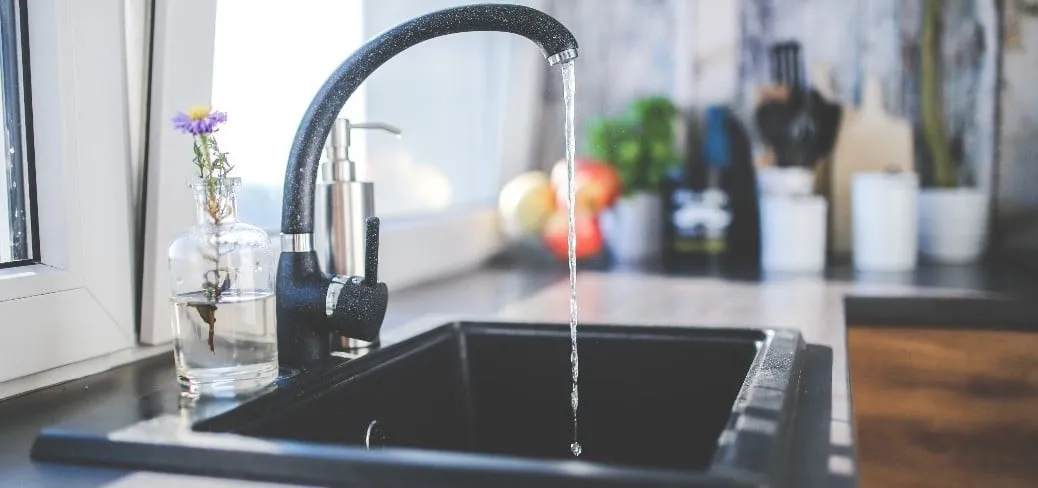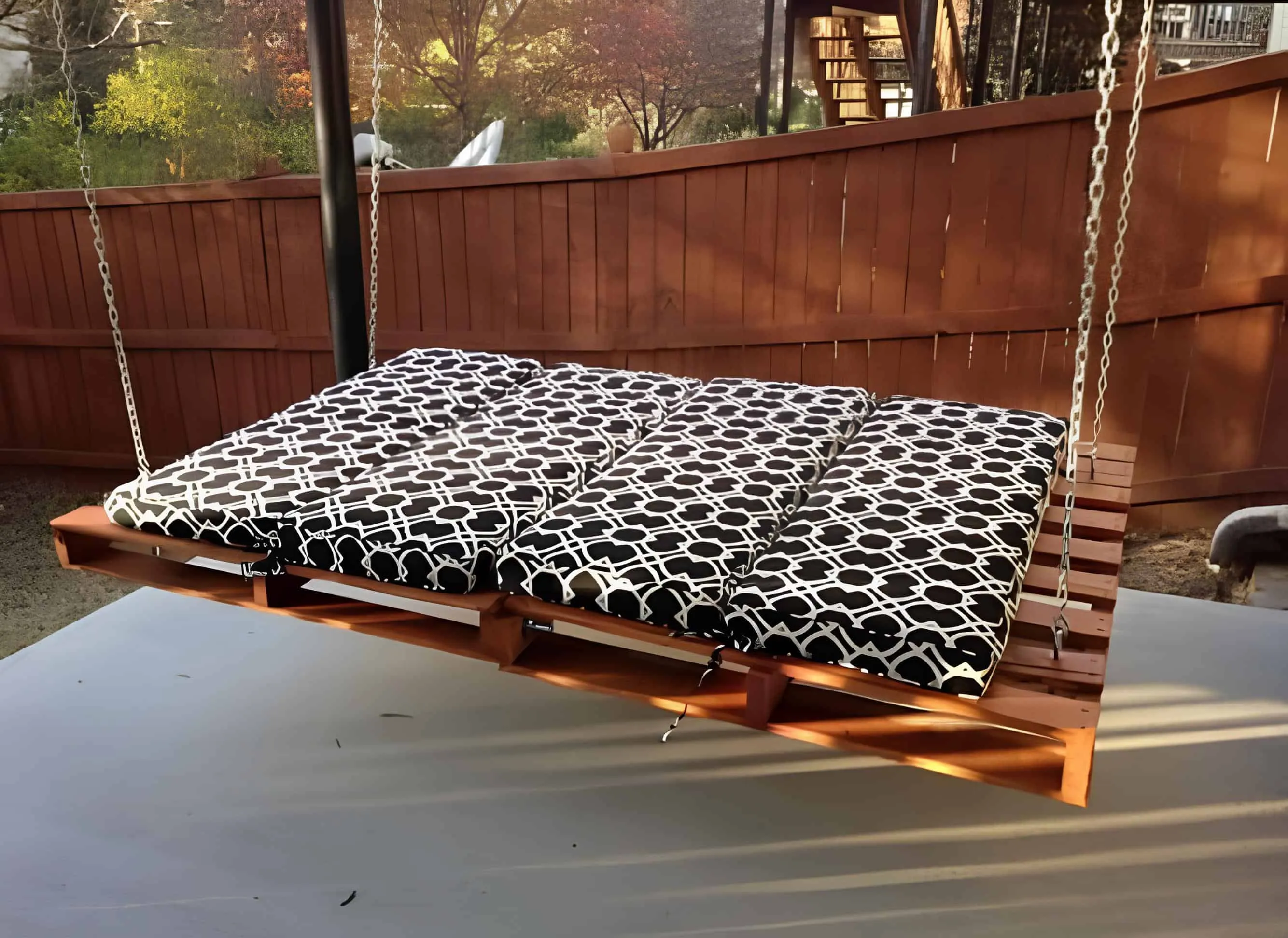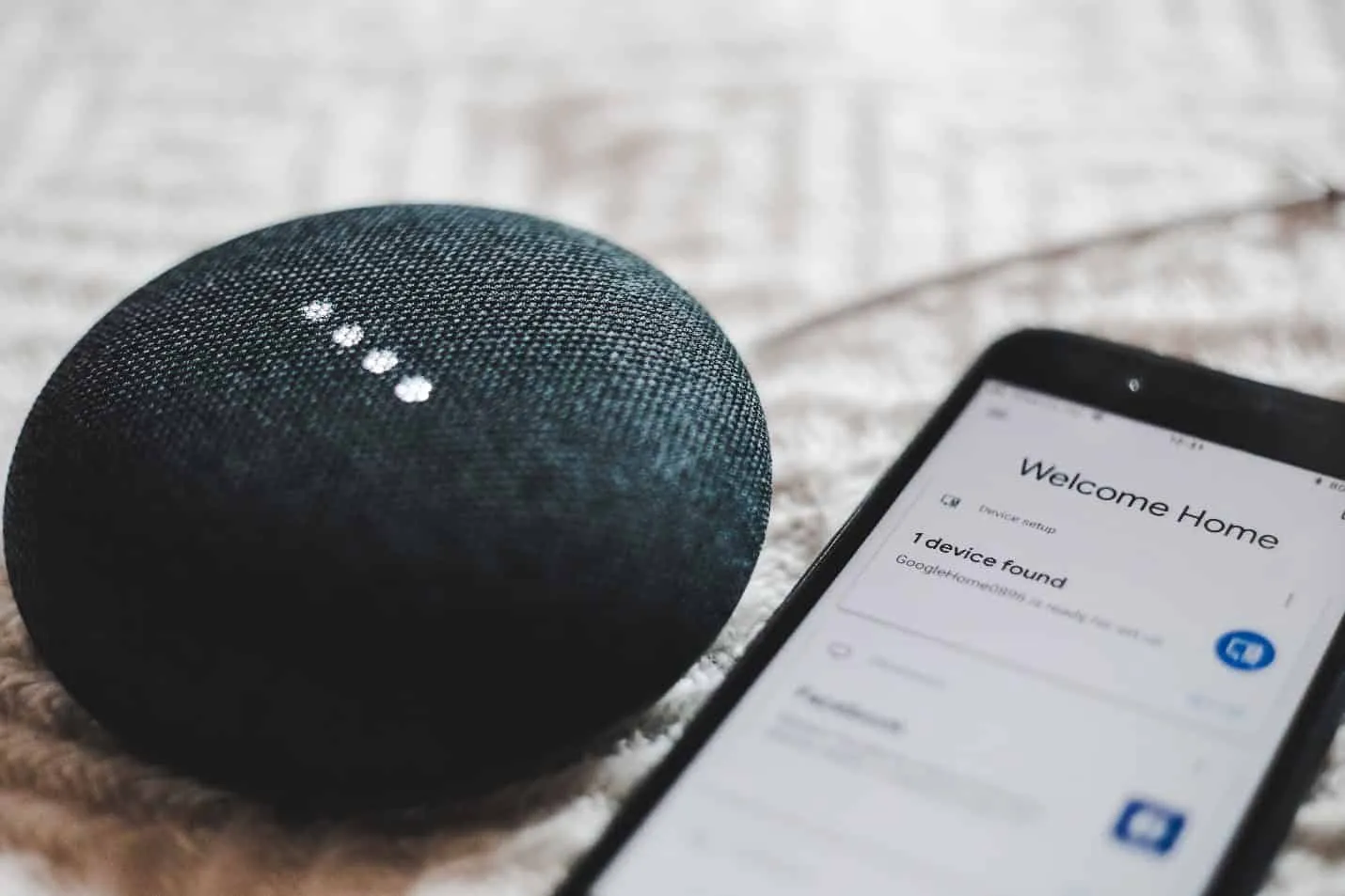Eco-friendly Tips for Maintaining Household Appliances
Maintaining household appliances in good condition helps you save money and protect the environment. Proper appliance maintenance boosts efficiency, reduces energy consumption, and lowers your carbon footprint. In this article, we'll share some eco-friendly tips to help you care for household appliances and contribute to preserving our planet.

Regular Cleaning
One of the simplest ways to ensure efficient appliance operation is regular cleaning. Dust and dirt can accumulate over time, forcing devices to work harder and consume more energy. Wipe refrigerator coils every six months to boost efficiency. Clean dishwasher and washing machine filters monthly to maintain optimal performance. Regularly wipe surfaces and internal components to prevent buildup of contaminants.
Home Safety
It's important to understand the significance of maintaining certain safety elements in household appliances. For example, knowing a few plumbing tips helps ensure critical components like the water heater's relief valve function correctly. This not only extends appliance lifespan but also ensures home safety.
Sealing and Insulation
Proper sealing and insulation are key factors in preventing energy loss from appliances like refrigerators and ovens. Periodically check refrigerator door gaskets. Weak seals cause cold air to escape, forcing the appliance to work harder. Ensure oven doors close tightly for even heating and reduced cooking time. Insulate water heaters and hot water pipes to keep heat where it's needed, reducing energy use and heating costs.
Proper Loading and Usage
An often-overlooked aspect of appliance efficiency is how you load and use them. Small changes in daily habits can significantly save energy. Always run your dishwasher and washing machine with full loads for maximum water and energy use efficiency. Don't overload appliances, as this can increase strain and energy consumption. Use eco-friendly cycles or energy-saving features when possible.
Smart Defrosting and Loading Methods
Effective defrosting and proper loading can extend appliance life and save energy. Regularly defrost your freezer to maintain efficiency. Ice buildup forces the unit to work harder. For dishwashers and washing machines, place large items in the back and small ones in front for better water and detergent distribution.
Regular Inspections
Scheduling regular inspections helps identify minor issues before they become serious. This practice extends appliance lifespan and maintains efficiency. Check appliances for signs of wear and replace worn parts promptly to prevent overloading. Refer to the user manual for recommended maintenance schedules and methods.
Optimal Temperature Settings
Many appliances have adjustable temperature settings that can be optimized for greater efficiency. Proper adjustment can significantly reduce energy usage. Set your refrigerator thermostat between 35°F and 38°F, and freezer at 0°F for optimal performance. Lower your water heater temperature to 120°F. This is high enough for most household needs and significantly reduces energy consumption.
Regular Efficiency Checks
Periodic checks of appliance performance ensure they're operating at their best. This doesn't take much time but can bring substantial energy savings. Monitor appliance efficiency and power consumption using meters or smart outlets. Pay attention to task completion times; increased duration may indicate inefficiency. Be alert for unusual sounds or changes in operation—these could be early signs of mechanical issues.
Unplugging When Not in Use
Many devices continue to draw electricity even when turned off. To eliminate this "phantom" energy consumption, unplug devices when not in use. Unplug small kitchen appliances like toasters or coffee makers when they're not needed. Use power strips for groups of electronics to easily turn them off as required. For large appliances, unplug during extended periods such as vacations.
Community Exchange and Disposal
When replacing old appliances, consider donating if they're still functional or disposing of them properly if not. This helps reduce landfill waste and provides appliances to those in need. Donate working equipment to charities or secondhand stores. Dispose of old electronics through specialized recycling programs and events. Participate in community exchange and sharing programs for appliances.
Upgrading to Energy-Efficient Models
If your appliances are outdated, consider upgrading to energy-efficient models. Modern appliances are designed with energy-saving technologies that reduce consumption and lower utility bills. Look for Energy Star labeled equipment meeting strict EPA efficiency standards. Newer models often include smart features that allow remote monitoring and optimization of energy use. While initial costs may be higher, long-term savings and reduced environmental impact make this a beneficial choice.
Following these eco-friendly tips will help you operate household appliances efficiently and reduce your environmental impact. Your appliances will last longer, and you'll enjoy lower energy bills and a greener lifestyle. Remember that even small changes can lead to big results in sustainable development. Happy eco-friendly appliance maintenance!
Need a renovation specialist?
Find verified professionals for any repair or construction job. Post your request and get offers from local experts.
You may also like
More articles:
 Guide to Making a Water Meter at Home
Guide to Making a Water Meter at Home DIY Ideas for Laundry Room: 10 Simple Projects to Refresh Your Space
DIY Ideas for Laundry Room: 10 Simple Projects to Refresh Your Space DIY Outdoor Cleaning for Easter: 15 Simple and Affordable Ideas
DIY Outdoor Cleaning for Easter: 15 Simple and Affordable Ideas DIY Outdoor Projects: 15 Ideas for Upgrading Your Patio, Garden, and More
DIY Outdoor Projects: 15 Ideas for Upgrading Your Patio, Garden, and More 100+ Genius DIY Ideas from Wooden Pallets for Outdoor Areas
100+ Genius DIY Ideas from Wooden Pallets for Outdoor Areas DIY Decor Ideas from Pallets to Add Rustic Charm to Your Space
DIY Decor Ideas from Pallets to Add Rustic Charm to Your Space DIY Projects for Autumn
DIY Projects for Autumn DIY Smart Home for Beginners
DIY Smart Home for Beginners